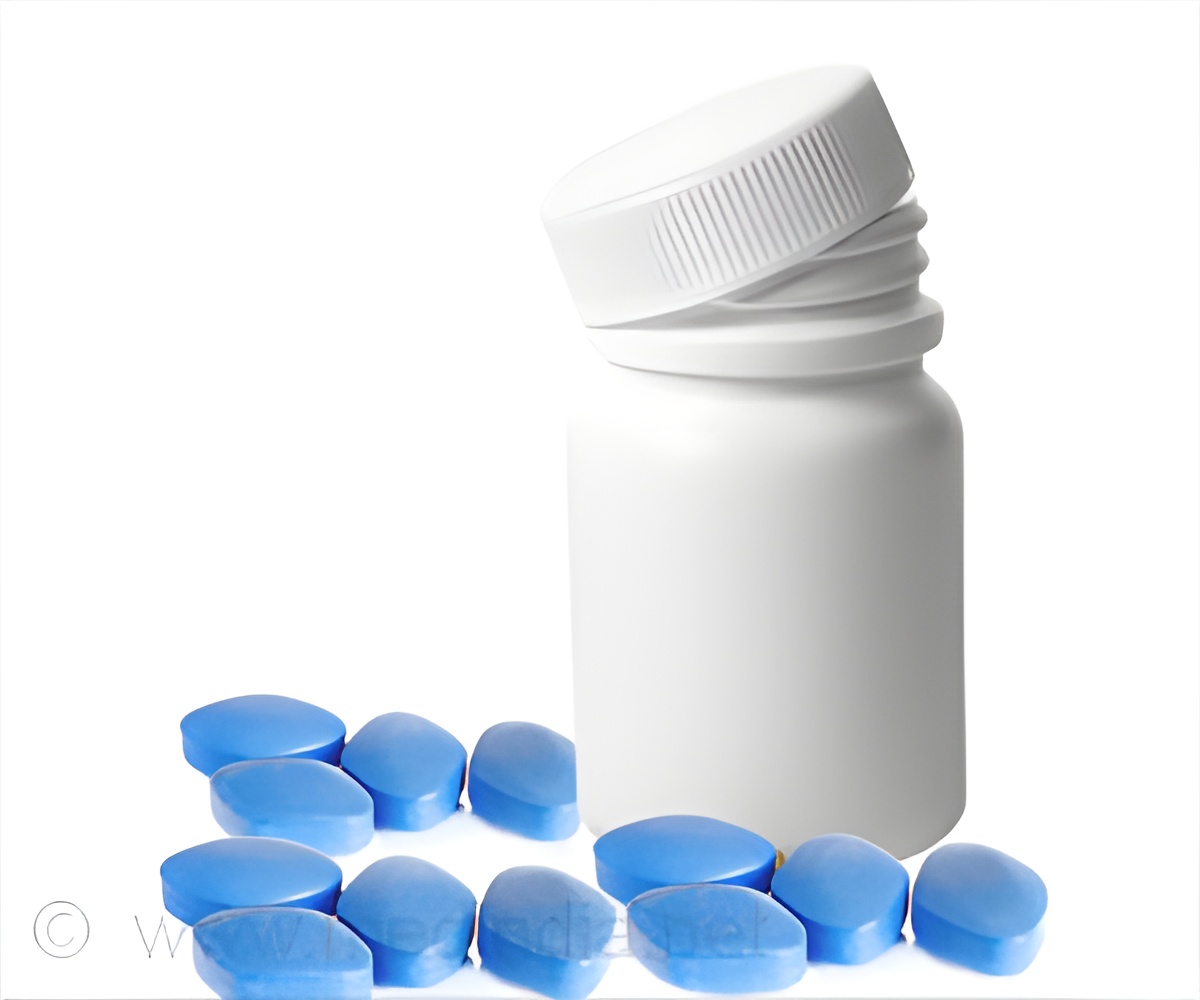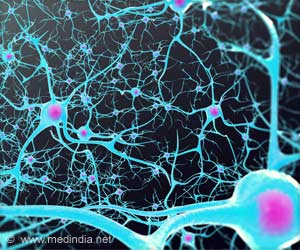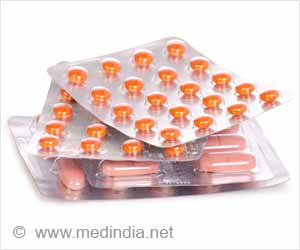FDA-approved drug for erectile dysfunction (Viagra) sildenafil helps in reducing Alzheimer's disease risk by 69%.

‘Scientists identify a potential FDA-approved candidate drug for Alzheimer’s disease—sildenafil that helps in reducing the risk of the disease by 69%.’





AD is a type of dementia—a neurodegenerative disease that leads to gradual memory loss and behavioral changes. It is characterized by the pathological hallmark formation of beta-amyloid plaques and the tau proteins in the brain tissues, long (almost 20 to 30 years) before the actual symptoms occur. “Recent studies show that the interplay between amyloid and tau is a greater contributor to Alzheimer’s than either by itself. Therefore, we hypothesized that drugs targeting the molecular network intersection of amyloid and tau endophenotypes should have the greatest potential for success,” says Feixiong Cheng, PhD, of Cleveland Clinic’s Genomic Medicine Institute.
Sildenafil use in Alzheimer’s disease
As several FDA-approved, anti-amyloid, or anti-tau small molecule Alzheimer’s treatments have failed in the past decade, the team used a large gene-mapping network to determine potent treatment of AD from over 1,600 FDA-approved.
Sildenafil has been established as best drug candidate in preclinical models to considerably improve cognition and memory. The large-scale study thereby utilized a database of more than 7 million patients to determine the effect of sildenafil in Alzheimer’s disease.
Advertisement
“Notably, we found that sildenafil use reduced the likelihood of Alzheimer’s in individuals with coronary artery disease, hypertension, and type 2 diabetes, all of which are comorbidities significantly associated with risk of the disease, as well as in those without,” says Dr. Cheng.
Advertisement
Source-Medindia











